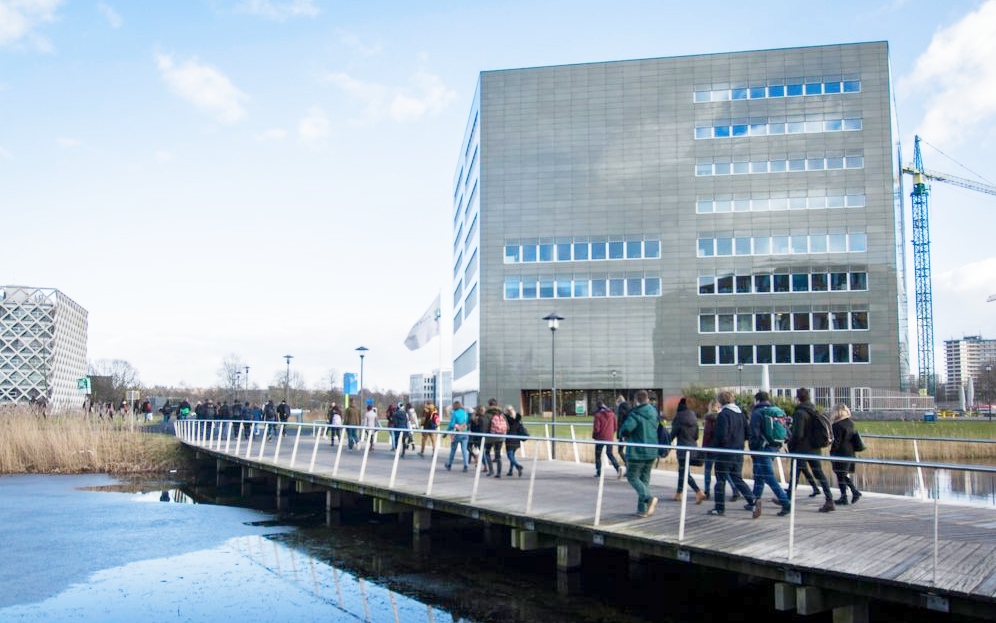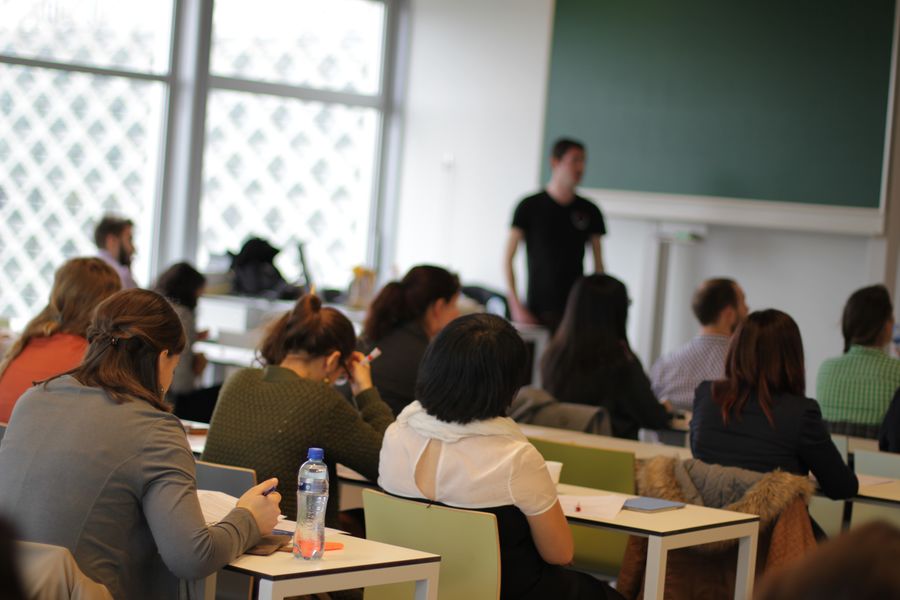The number of young adults with a migration background who enrol in universities is less than you might expect. It is the first time in years that universities are able to see the data.
Six universities are looking into data on enrolment and performance of students with one or both parents from a country other than the Netherlands. The universities involved are Leiden, Rotterdam, Wageningen, Utrecht and the two Amsterdam universities (VU en UvA).
This is the first time since 2017 that these data are being analysed, says VU Professor of Education and Diversity Maurice Crul. Before then, the universities were supplied with this information, but from 2017, such data was considered privacy-sensitive. Without these data, it is impossible to spot differences in drop-out rates and results between groups with varying backgrounds’, Crul states. The universities have all established Diversity Offices and have diversity policies but are unable to see what effect these efforts have.
More variation
The data have now been made available by the Dutch Central Bureau of Statistics (CBS). A preliminary conclusion: the influx of students with a migration background has become more varied over time. While the influx formerly consisted mainly of students with one or both parents from Morocco, Turkey, Surinam, Indonesia or the Dutch Caribbean, a wide range of other backgrounds can now be found.
Another conclusion: fewer students with a migration background than one might expect recently enrolled in universities. This appears to be the result of the loan system. Opting for further study after completing a (Dutch) HBO had become more expensive, and these students often enrol in university after an HBO programme rather than entering directly from their secondary education programme.
Once enrolled, they take longer to obtain their degree, the data show. However, Crul cautions that the data is not yet sufficiently clear to justify hard conclusions. The groups are small., and have been rounded off to tens for the sake of privacy. ‘We will ask the CBS to merge certain groups so we can check whether the study programme is of any influence.’
Other universities
Why are other universities not participating in this study? The universities in the Randstad already collaborate with each other regularly in this domain, says Crul, and Wageningen joined. Perhaps the other universities will join later as well. ‘They did not have sufficient capacity available at this moment. Meetings can easily take half a year if we want to figure out what data we need and what precise information we seek.’
The association of universities UNL may well be able to gather data like this in the future so that information becomes available at a national level, Crul thinks. The six universities are now laying the groundwork. ‘It is a pilot’. UNL confirms that these data are no longer readily available. ‘The universities were supplied with data from the OCW/DUO about students’ (migration) background until 2018’, a spokesperson states. ‘Stricter legislation now bars universities and the UNL from receiving such information.’
However, the data can be made available for scientific purposes under strict conditions. ‘Hence, this is a scientific investigation into a relevant societal issue that may yield information that is relevant to the universities themselves’, according to UNL. Crul: ‘We hope this study will provide more insight into bottlenecks with regards to equal opportunities in education.’

 Photo Marte Hofsteenge
Photo Marte Hofsteenge 

